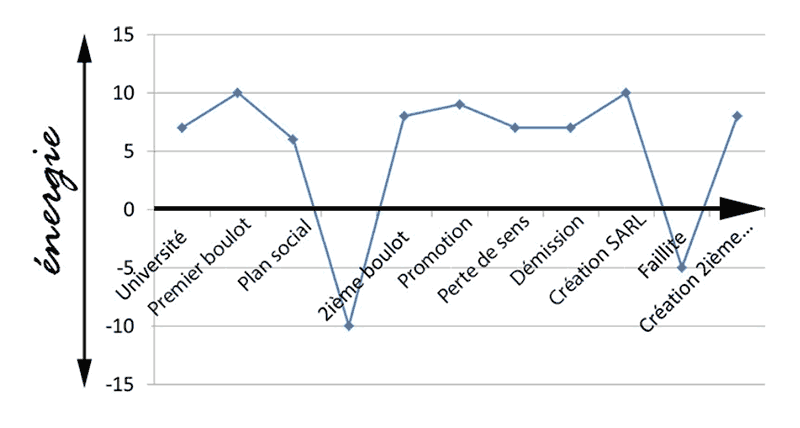Retirement age has no bearing on life expectancy … unless you are forced to work, according to an Australian scientific study that analyzed Norwegian demographics from 1990 to 2010.
This new survey from the Australian School of Business reveals that life expectancy is unrelated to retirement age. It opposes some earlier studies. Some concluded that people who retired young died earlier (due to loneliness and lack of physical and mental activity). Others than the old retirees died at a younger age because they were too subjected to stress and strain.
To conduct their study, the researchers analyzed demographic data from the Norwegian government from 1990 to 2010. Because, in the 1990s, a significant number of public and private sector companies in Norway gradually reduced the retirement age of employees. employees aged 67 to 62. For the rest of the working population, the average retirement age has remained at 67. When scientists compared the life expectancy of individuals in early retirement to that of those who worked until the age of 67, they found no discernible difference.
Work more to avoid degenerative diseases
“While it is tempting to link life expectancy with retirement age, the reality is that health status is the main determinant of age of death. Said Professor John Piggott, professor of economics at the Australian School of Business.
” In reality », He insists«when a person is forced to quit their job (or it is suppressed), they are more likely to sink into depression, lose their social networks and especially their main source of intellectual stimulation “.
A French study conducted by scientist Carole Dufoil of the National Institute of Health and Medical Research (INSERM) on the health records of more than 429,000 self-employed workers had already revealed that a person who retires at 65 years old has a 15% more chance of being protected from degenerative diseases than those who quit their job at age 60.
The researchers claim that “ intellectual stimulation and engagement have a protective effect against dementia and degenerative diseases “.













